Raising Aces: Coach Pete’s Guide to Empowering Tennis Parents (Part 1)
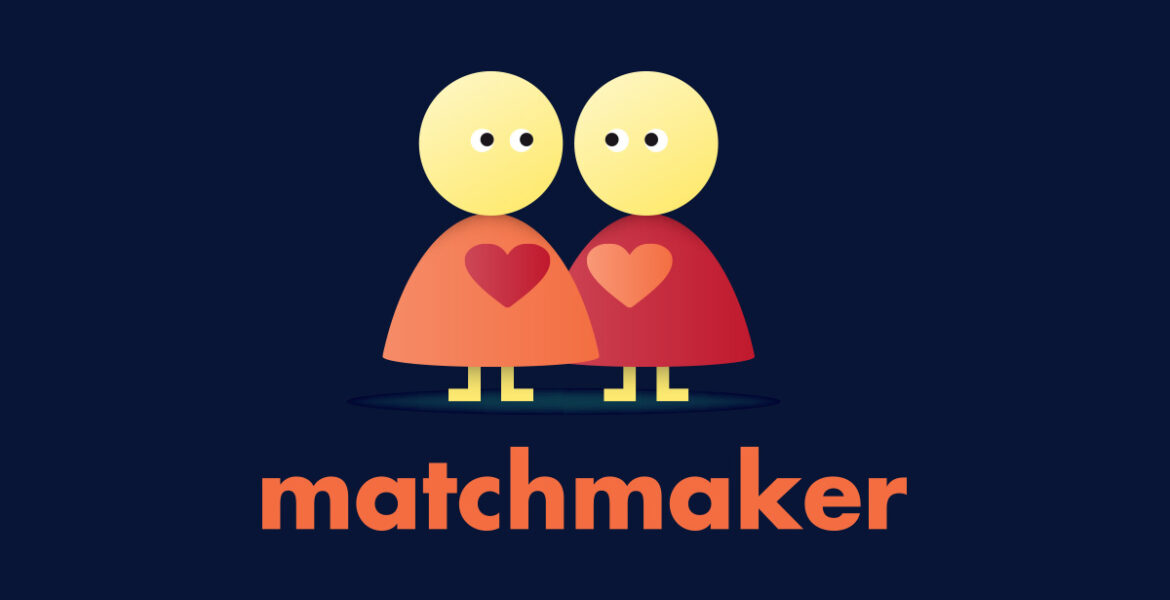
Up Next
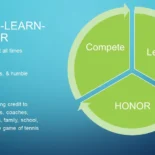 Raising Aces ft. Peter Scales
Raising Aces ft. Peter Scales
This is the first in a series of articles written by Coach Peter Scales exclusively for ParentingAces. We hope you will engage with the articles by leaving your thoughts and/or questions in the Comments below. Be sure to check out our recent podcast with Coach Pete at https://parentingaces.com/articles/raising-aces-ft-peter-scales/.
Being a Tennis Parent Relationship Broker and Matchmaker: Four Criteria for Judging Your Child’s Coaches
One of your job descriptions as a tennis parent is being a relationship broker and matchmaker for your child. It’s the same thing with your child’s tennis coach as it is with all the other adult professionals in your child’s life. Your relationships with each of them are about how much authority and trust you give them to be with, work with, teach, and discipline your child on your behalf. And how you balance giving authority and trust to them with when and how you step in with your ideas and your authority for your child’s and family’s best interests, which sometimes includes finding new coaches who are a better fit.
It’s a tough job, brokering a real partnership with a coach, especially as your child gets better and their coaches get more expert and maybe more well-known. Step in too soon, and your child loses the chance to make decisions and learn to take responsibility for their direction in tennis as they create their own student-coach relationships. Step in too late, and they could miss out on a higher quality experience with that coach, or even get hurt.
As a parent, you’re always a relationship broker for your child, negotiating these relationships with adult professionals. It starts with a tennis coach, and then as your child gets better and better, maybe specialty coaches as well in strength and conditioning, nutrition, and mental strengthening, and an increasing array of sports medicine professionals, and even business managers and agents, all of whom are in all likelihood way more expert than you in their fields.
But you’re the expert on your child. And you’re the bottom line and last word about how to keep your child safe. At least, you should be.
So, you should expect 3 things from any coach or tennis industry professional who is working with your child or wants to work with them, beyond scoreboard success, no matter what level your child plays: 1) They keep your child safe, 2) Your child enjoys their time that coach creates with and for them—they have fun, and 3) Your child is learning and growing as both a person of high character and as a better player, at least in part because of that coach’s influence.
Well, you should really expect 4 things from a coach—those 3, but all wrapped up in 1 more:
The coach respects you as a parent and treats you as a partner and not a pain.
Now, for your part, being a good parent partner with a coach means 1) asking them questions, respectfully, 2) sharing concerns honestly yet respectfully, especially if you disagree with something the coach has instructed, said, or done, and 3) letting the coach know when they’ve said or done something you like.
No good coach will be defensive about the first two, and every coach will appreciate that occasional compliment, and will relax with you and trust you as a parent partner even more.
So, like it or not, just like any supervisor you as a tennis-relationship broker and matchmaker for your child are always doing informal “job interviews” and periodic “performance evaluations” of the people who are helping or want to help your child with tennis. You’re always brokering and shaping those relationships, on behalf of and, increasingly as they grow, with your child.
And when the performance reviews you do of your child’s coaches aren’t great on the 1) respect a coach gives you, or the 2) safety, 3) fun, and 4) growth of your child when with them, then you are also a relationship matchmaker on behalf of your child. You end or help your child end a relationship with an ineffective coach, reaching that conclusion by applying those four criteria. And you look for new coaches who embody those four ways of relating with you and your child.
If a coach consistently embodies that respect for you as a parent partner, and delivers safety, fun, and growth for your child, then make that match and sign that coach up! And if they keep doing these four things over weeks, months, and years, then keep that coach! Coaches like that aren’t just good for your child—they’re good for your family.
_____________
Coach Pete–Peter C. Scales, Ph.D., USPTA—is a developmental psychologist known worldwide for his research on positive youth development. He is a U.S. Professional Tennis Association-certified tennis teaching pro and long-time boys’ and girls’ tennis coach at Parkway South High School in Missouri. Coach Pete created the Compete-Learn-Honor® approach to coaching and player development, and is the author of the award-winning book Mental and Emotional Training for Tennis: Compete-Learn-Honor, and the acclaimed new book, The Compete-Learn-Honor Playbook: Simple Steps to Take Your Mental & Emotional Tennis & Pickleball Game to a New Level (both from Coaches Choice and available on Amazon). In addition to this Raising Aces feature series for ParentingAces.com, Coach Pete has appeared on numerous tennis and youth sports podcasts, including ParentingAces.com, EssentialTennis.com, and USTA’s Compete Like A Champion. He has written for TENNIS.com and Pickleball Magazine, and has regular mental game columns in Racquet Sports Industry Magazine and SportingKidLive-the online magazine of the National Alliance for Youth Sports, and serves as a mental game advisor for WeArePickleball.com, and a mental game expert for a new feature series for USTA’s Net Generation.


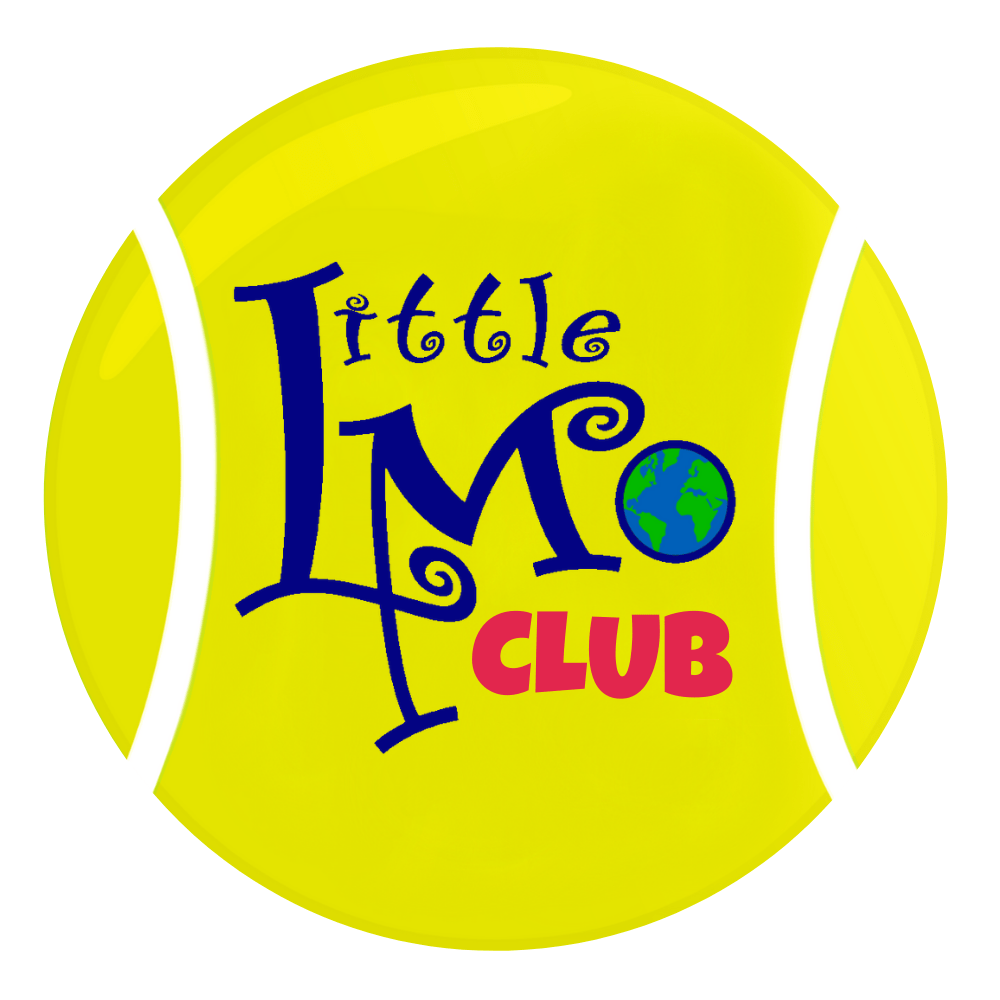
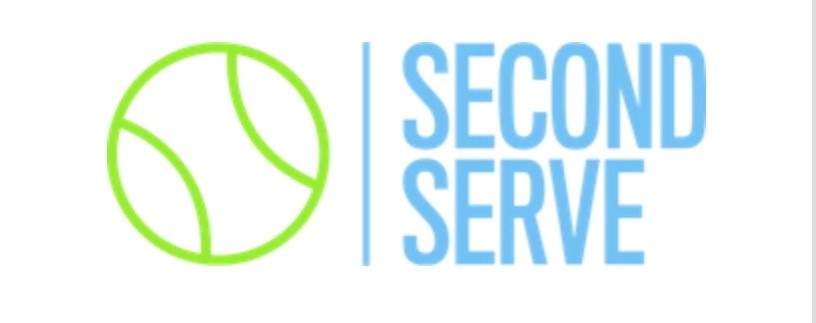
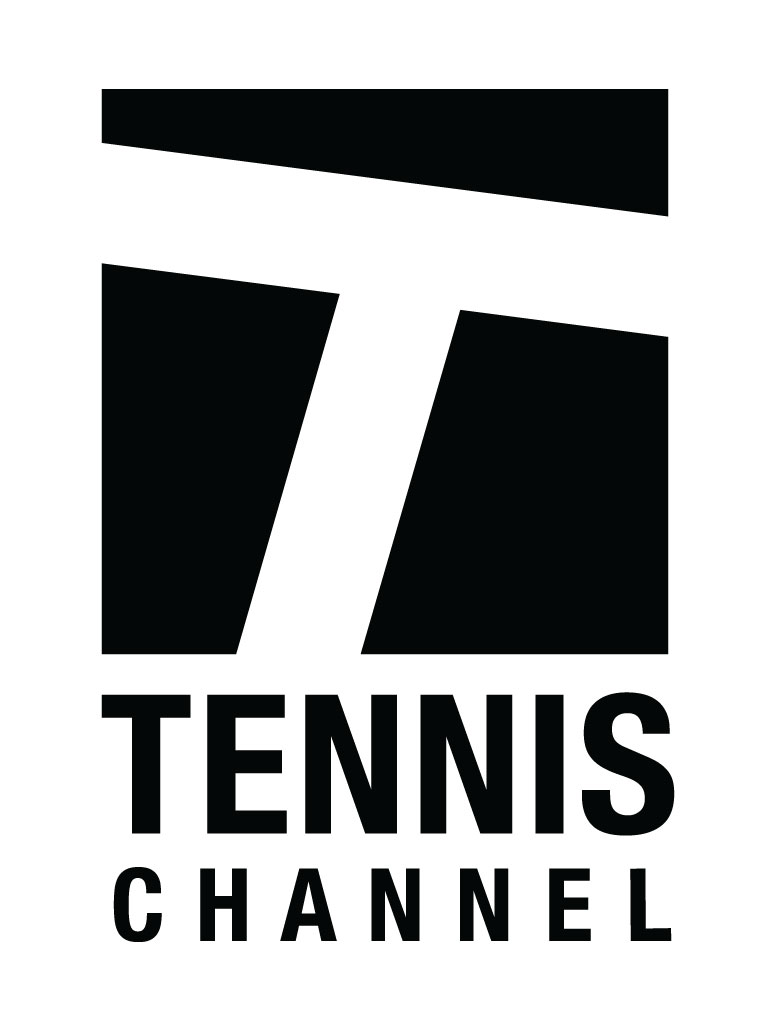








Comments are currently disabled for this post